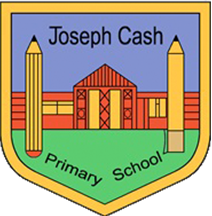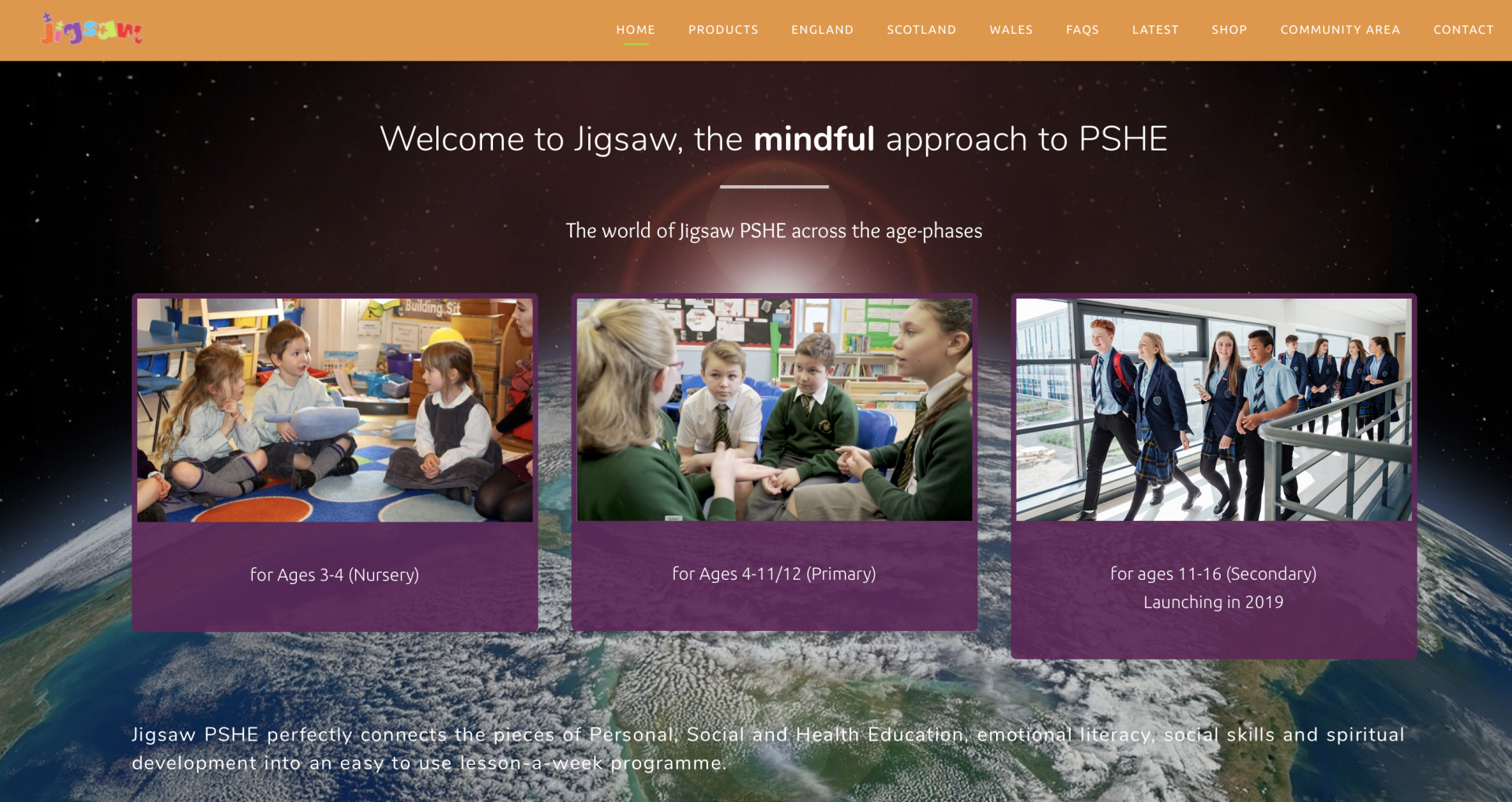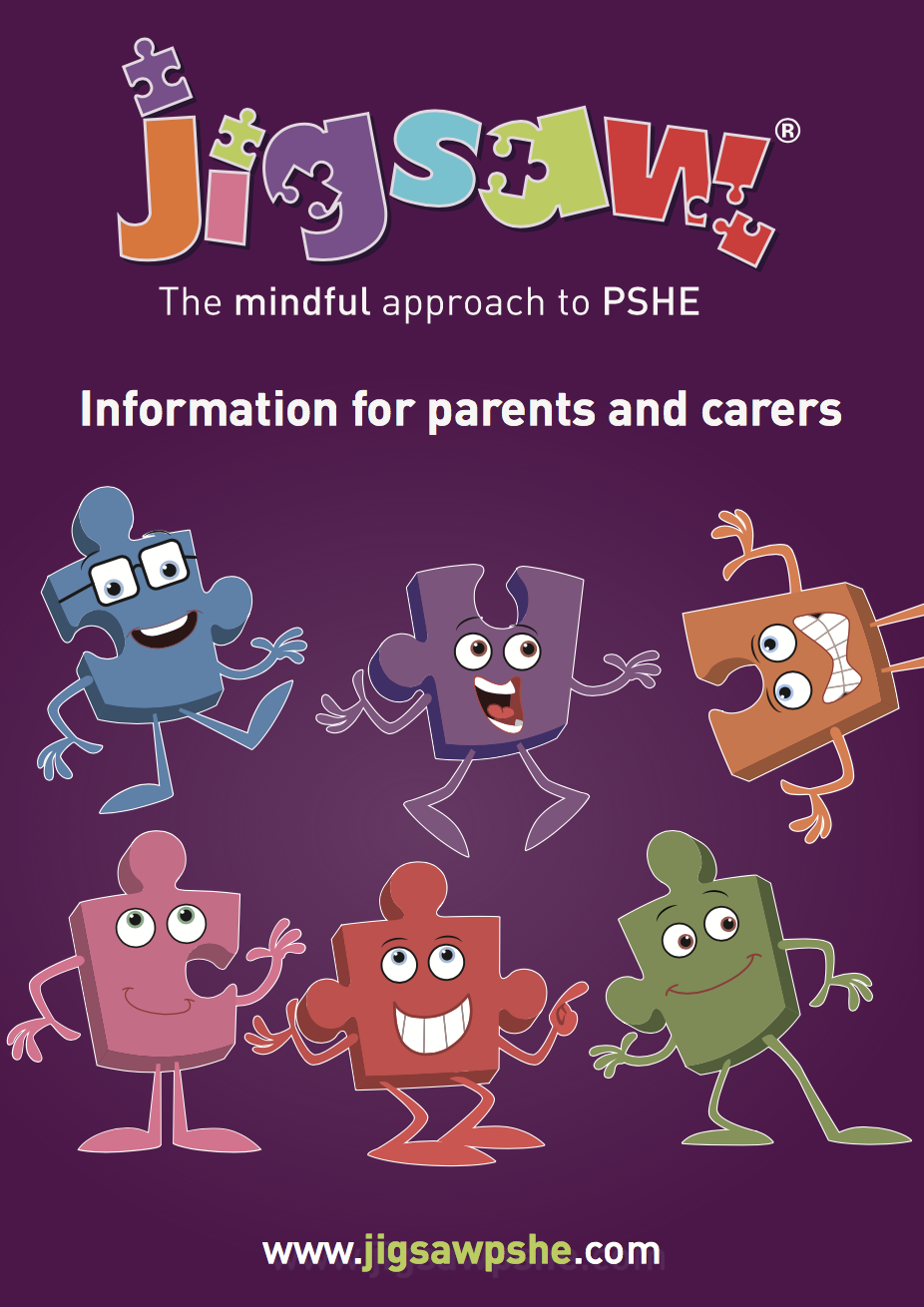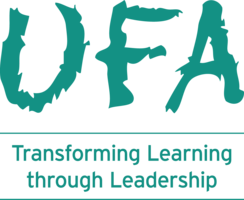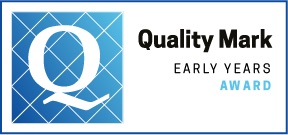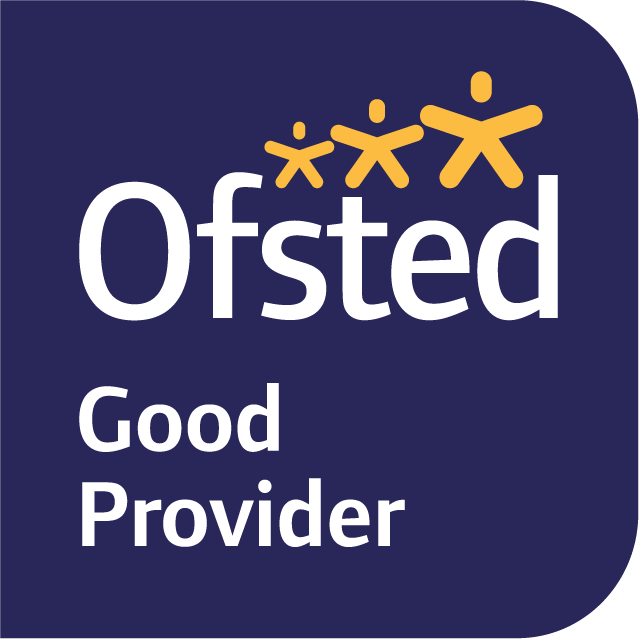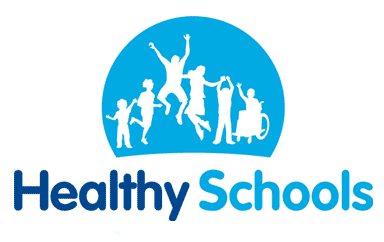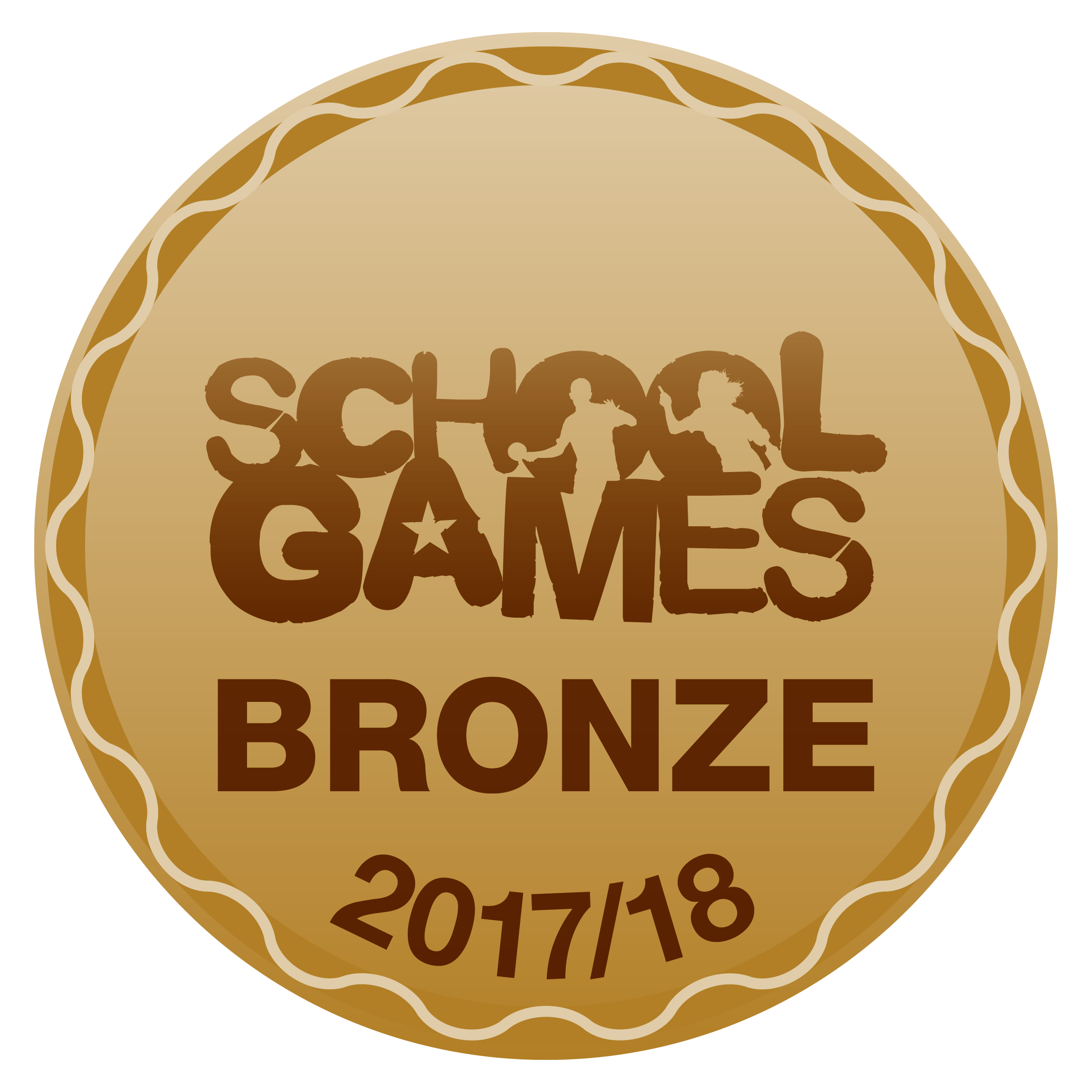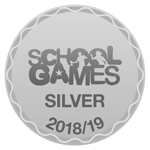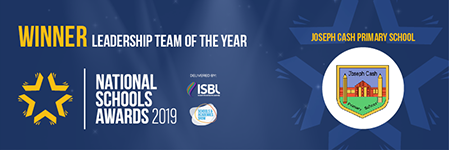PHSE
How is PSHE taught at Joseph Cash?
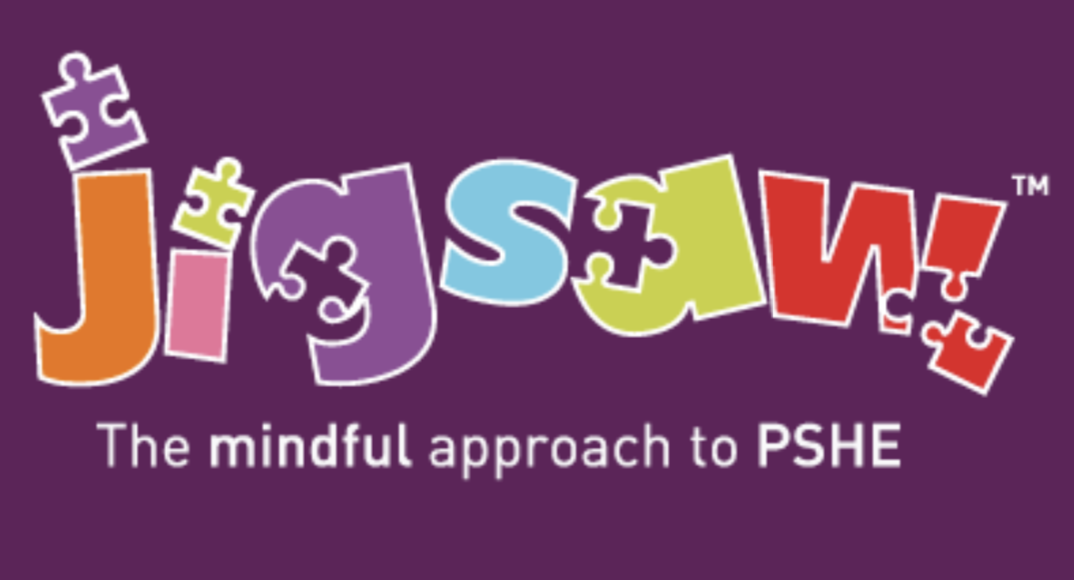
Your child may well come home talking about Jigsaw, and in particular the different characters or chime bars we have in all classes that the children work with.
Jigsaw is an exciting and new Personal, Social and Health Education (PSHE) approach that we will be using in school and it updates the previous SEAL (Social and Emotional Attitudes to Learning) programme. Come and look at our display in the school entrance hallway if you want to read more about our current learning with Jigsaw.
Aim of the Jigsaw PSHE programme
To provide pupils with the knowledge, understanding, attitudes, values and skills they need in order to reach their potential as individuals and within the community.
Pupils are encouraged to take part in a wide range of activities and experiences across and beyond the curriculum, contributing fully to the life of their school and communities. In doing so they learn to recognise their own worth, work well with others and become increasingly responsible for their own learning. They reflect on their experiences and understand how they are developing personally and socially, tackling many of the spiritual, moral, social and cultural issues that are part of growing up.
They learn to understand and respect our common humanity; diversity and differences so that they can go on to form the effective, fulfilling relationships that are an essential part of life and learning.
Objectives/Pupil learning intentions:
Jigsaw PSHE will support the development of the skills, attitudes, values and behaviour, which enable pupils to:
- Have a sense of purpose
- Value self and others
- Form relationships
- Make and act on informed decisions
- Communicate effectively
- Work with others
- Respond to challenge
- Be an active partner in their own learning
- Be active citizens within the local community
- Explore issues related to living in a democratic society
- Become healthy and fulfilled individuals
Jigsaw Content Jigsaw covers all areas of PSHE for the primary phase:
|
Joseph Cash Primary School PSHE
How this meets SMSC agenda? At Joseph Cash Primary School we want to provide our children with a broad and balanced curriculum. We continuously evolve and develop our current provision to ensure our children have effective spiritual, moral, social and cultural development which helps to prepare our pupils for the opportunities, responsibilities and experiences of later life in modern Britain. PSHE allows children to discuss current and relevant issues that have arisen and enables children to talk about their own beliefs and also understand how these beliefs can be nurtured into responsible British Citizen. |
||||||
|
|
Year 1 |
Year 2 |
Year 3 |
Year 4 |
Year 5 |
Year 6 |
|
Autumn 1
|
Being Me in my world Pg 35 |
Being Me in my world Pg 35 |
Being Me in my world Pg 36 |
Being Me in my world Pg 35 |
Being Me in my world Pg 35 |
Being Me in my world Pg 35 |
|
Autumn 2 |
Celebrating difference including anti-bullying Pg 21 |
Celebrating difference including anti-bullying Pg 23 |
Celebrating difference including anti-bullying Pg 21 |
Celebrating difference including anti-bullying Pg 21 |
Celebrating difference including anti-bullying Pg 21 |
Celebrating difference including anti-bullying Pg21 |
|
Spring 1
|
Dreams and Goals Pg 17 |
Dreams and Goals Pg 17 |
Dreams and Goals Pg 17 |
Dreams and Goals Pg 17 |
Dreams and Goals Pg17 |
Dreams and Goals Pg17 |
|
Spring 2
|
Healthy Me Pg 25 |
Healthy Me Pg 25 |
Healthy Me Pg 25 |
Healthy Me Pg 25 |
Healthy Me Pg 25 |
Healthy Me Pg25 |
|
Summer 1 |
Relationships Pg 17 |
Relationships Pg 17 |
Relationships Pg 19 |
Relationships Pg 17 |
Relationships Pg 17 |
Relationships Pg 17 |
|
Summer 2 |
Changing me (including sex education) Pg 19 |
Changing me (including sex education) Pg 19 |
Changing me (including sex education) Pg 19 |
Changing me (including sex education) Pg 19 |
Changing me (including sex education) Pg19 |
Changing me (including sex education) Pg 19 |
Autumn 1:
Being Me in My World - Includes understanding my place in the class, school and global community as well as devising Learning Charters)
Autumn 2:
Celebrating Difference - Includes anti-bullying (cyber and homophobic bullying included) and diversity work
Spring 1:
Dreams and Goals - Includes goal-setting, aspirations, working together to design and organise fund-raising events
Spring 2:
Healthy Me - Includes drugs and alcohol education, self-esteem and confidence as well as healthy lifestyle choices
Summer 1:
Relationships - Includes understanding friendship, family and other relationships, conflict resolution and communication skills
Summer 2:
Changing Me - Includes Sex and Relationship Education in the context of looking at change
How is Jigsaw PSHE organised in school?
Jigsaw brings together PSHE Education, emotional literacy, social skills and spiritual development in a comprehensive scheme of learning. Jigsaw threads through the curriculum with reference to safeguarding and PREVENT. Teaching strategies are varied and are mindful of preferred learning styles and the need for differentiation. Jigsaw is designed as a whole school approach, with all year groups working on the same theme (Puzzle) at the same time. This enables each Puzzle to start with an introductory assembly, generating a whole school focus for adults and children alike.
There are six Puzzles in Jigsaw that are designed to progress in sequence from September to July. Each Puzzle has six Pieces (lessons) which work towards an ‘end product’, for example, The School Learning Charter or The Garden of Dreams and Goals.
Each Piece has two Learning Intentions: one is based on specific PSHE learning (covering the non-statutory national framework for PSHE Education but enhanced to address children’s needs today); and one is based on emotional literacy and social skills (covering the SEAL learning intentions but also enhanced). The enhancements mean that Jigsaw is relevant to children living in today’s world as it helps them understand and be equipped to cope with issues like body image, cyber and homophobic bullying, and internet safety.
Every Piece (lesson) contributes to at least one of these aspects of children’s development. This is mapped on each Piece and balanced across each year group.
The Learning Environment
Establishing a safe, open and positive learning environment based on trusting relationships between all members of the class, adults and children alike, is vital. To enable this, it is important that ‘ground rules’ are agreed and owned at the beginning of the year and are reinforced in every Piece – by using The Jigsaw Charter. (Ideally, teachers and children will devise their own Jigsaw Charter at the beginning of the year so that they have ownership of it.)
The Jigsaw Charter
- We take turns to speak
- We use kind and positive words
- We listen to each other
- We have the right to pass
- We only use names when giving compliments or when being positive
- We respect each other’s privacy (confidentiality)
Teaching Sensitive and Controversial Issues
For example:
Sensitive and controversial issues are certain to arise in learning from real-life experience. Teachers will be prepared to handle personal issues arising from the work, to deal sensitively with, and to follow up appropriately, disclosures made in a group or individual setting. Issues that we address that are likely to be sensitive and controversial because they have a political, social or personal impact or deal with values and beliefs include: family lifestyles and values, physical and medical issues, financial issues, bullying and bereavement.
Teachers will take all reasonable, practical steps to ensure that, where political or controversial issues are brought to pupils’ attention, they are offered a balanced presentation of opposing views. Teachers will adopt strategies that seek to avoid bias on their part and will teach pupils how to recognise bias and evaluate evidence. Teachers will seek to establish a classroom climate in which all pupils are free from any fear of expressing reasonable points of view that contradict those held either by their class teachers or their peers.
Useful Documents and links:
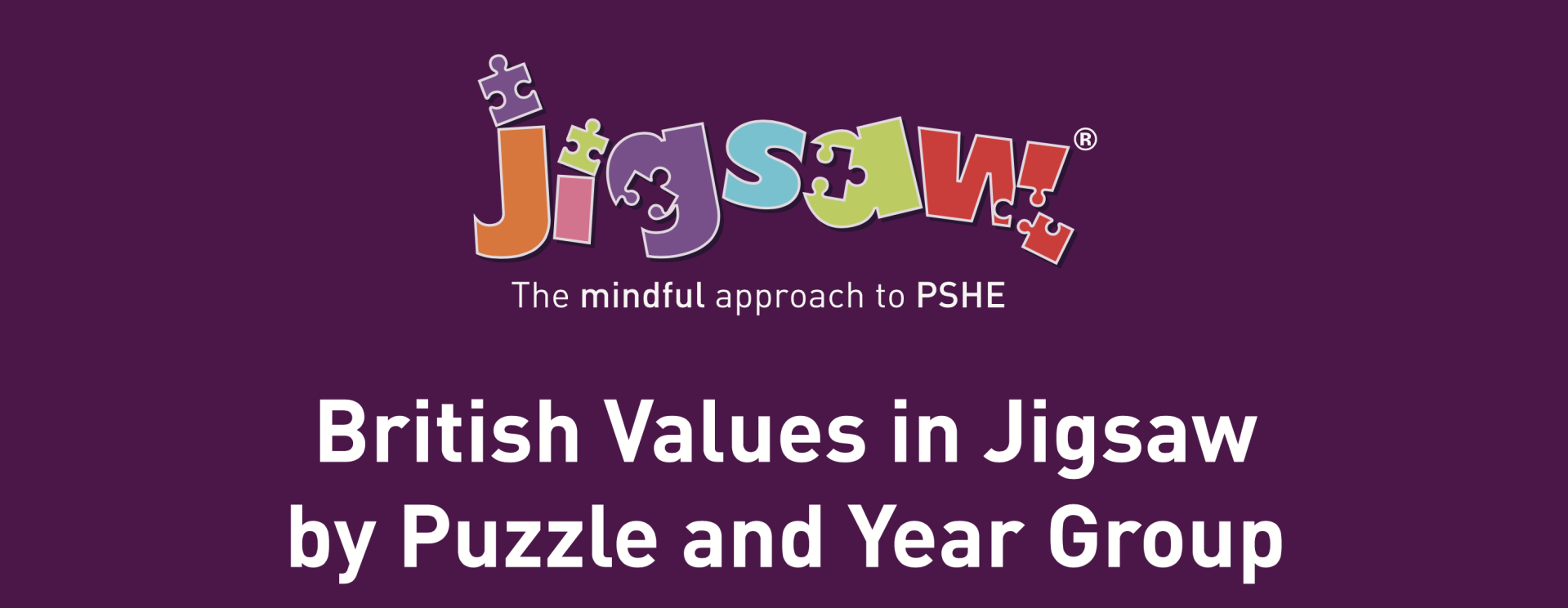 How the British Values are taught through Jigsaw
How the British Values are taught through Jigsaw

